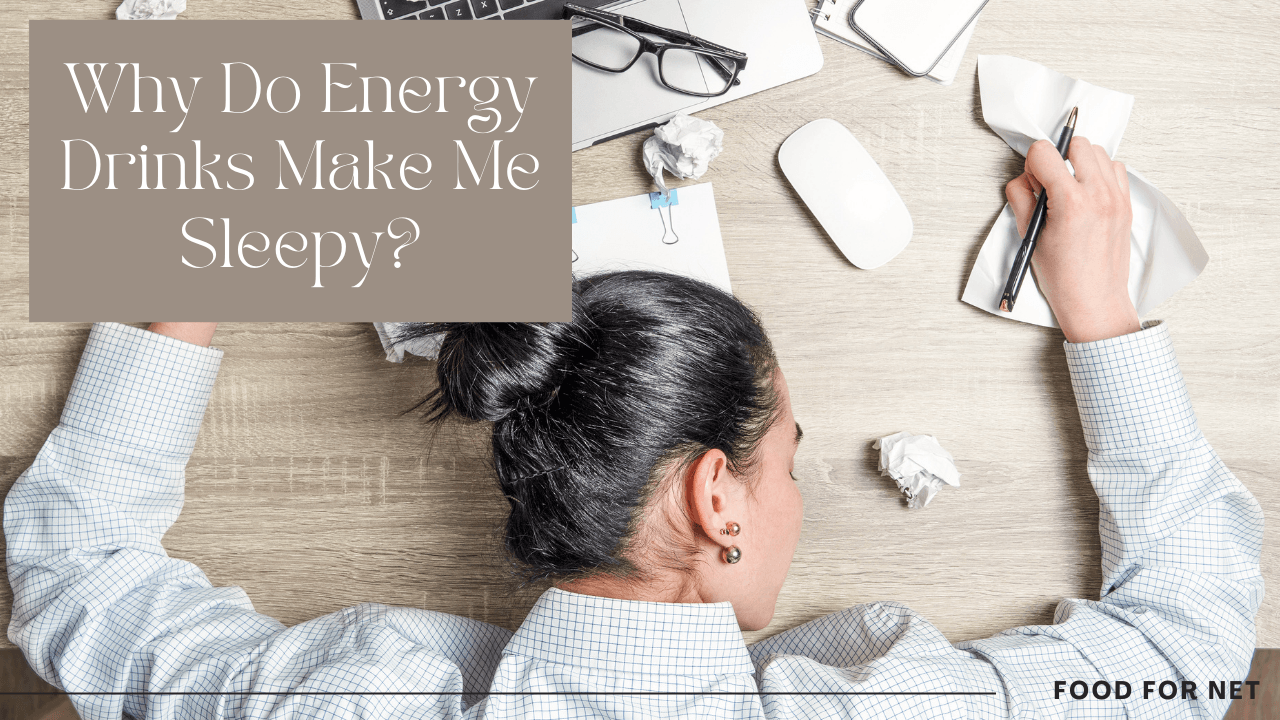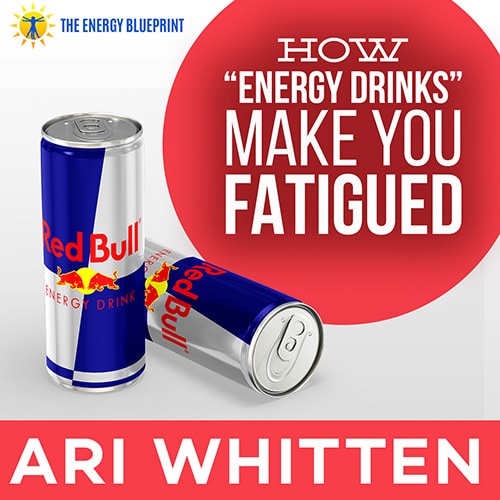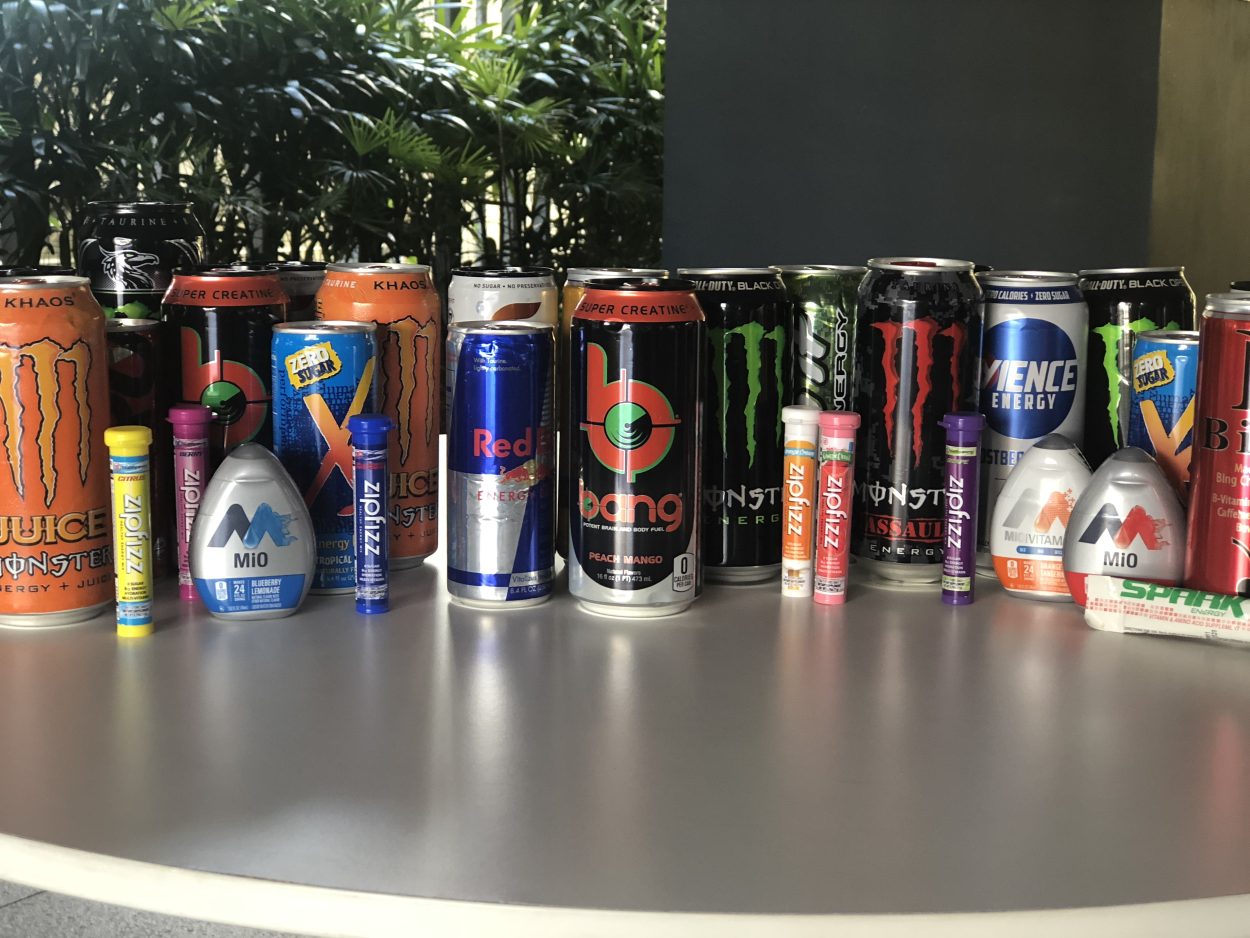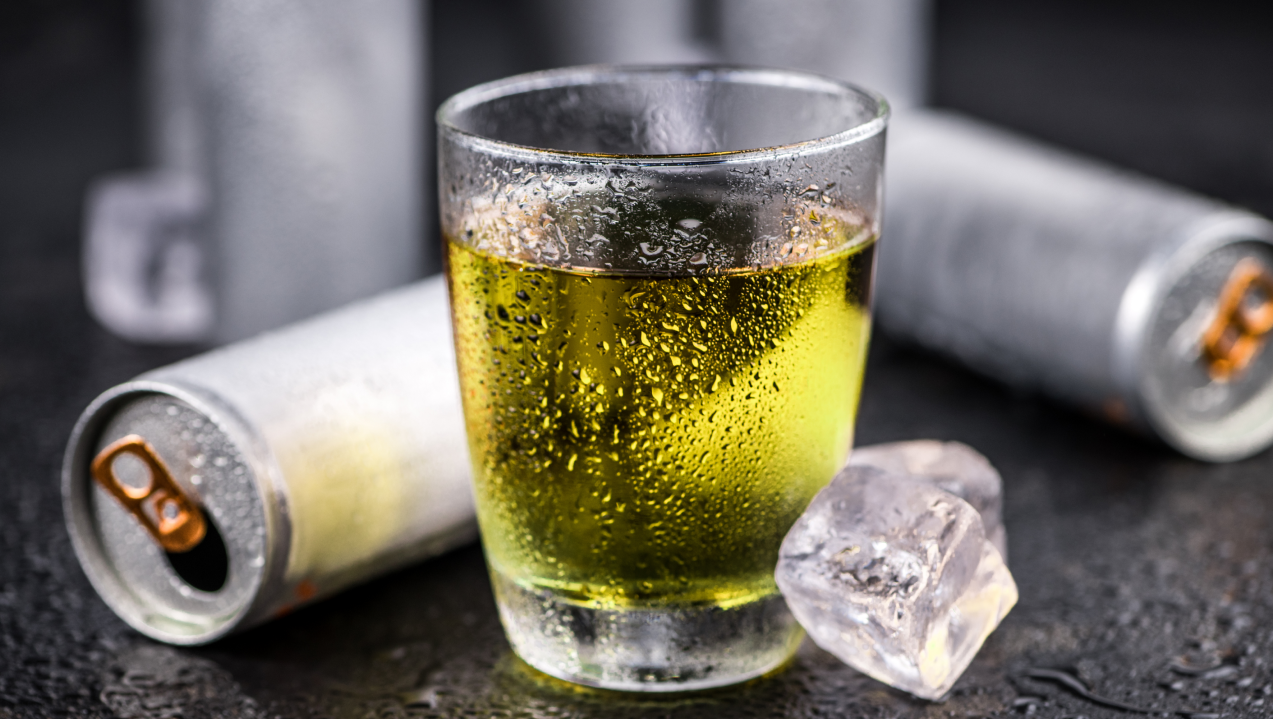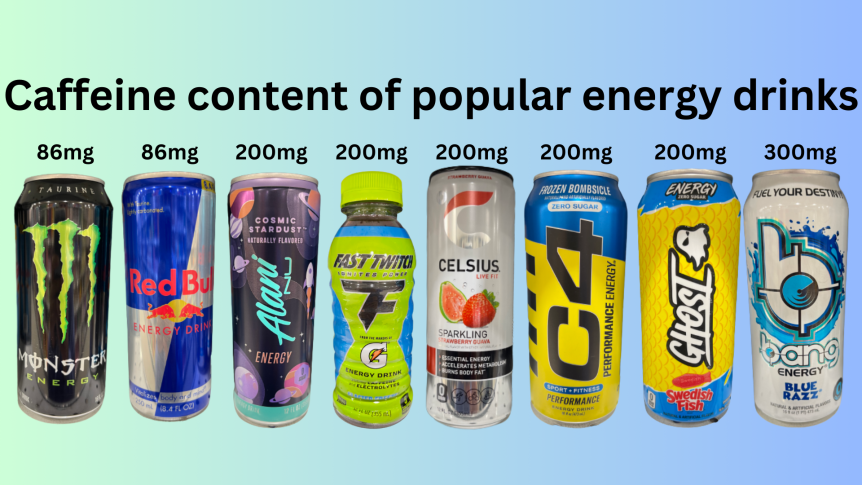Why Do Energy Drinks Make Me Tired Instead Of Energized

For millions, the promise of an energy drink – a jolt of focus and stamina – is a daily ritual. But for a significant number, that promise falls flat, replaced instead by a paradoxical fatigue that leaves them feeling worse than before. This counterintuitive effect has sparked confusion and frustration, leading many to question: Why are these beverages designed to energize, doing the exact opposite?
The phenomenon of energy drinks causing tiredness instead of alertness is multifaceted, stemming from the interplay of ingredients like caffeine and sugar, their impact on the body's natural energy regulation systems, and individual physiological differences. Understanding these mechanisms is crucial for consumers to make informed choices and avoid the energy crash that often follows the initial buzz. Experts warn that reliance on these drinks can mask underlying health issues and lead to a cycle of dependence and fatigue.
The Caffeine Conundrum
Caffeine, the primary stimulant in most energy drinks, works by blocking adenosine, a neurotransmitter that promotes relaxation and sleepiness. This blockage allows for increased neuronal firing, leading to heightened alertness and focus. However, this effect is temporary, and the body eventually compensates for the caffeine.
One major factor is caffeine withdrawal. As the caffeine wears off, adenosine floods back into the system, often causing a more pronounced feeling of fatigue than before. This is especially true for individuals who regularly consume energy drinks or other caffeinated beverages, as their bodies become accustomed to the stimulant's presence.
Tolerance also plays a significant role. With repeated exposure, the body becomes less responsive to caffeine's effects, requiring higher doses to achieve the same level of stimulation. This can lead to a cycle of increasing consumption, ultimately resulting in diminished returns and a greater likelihood of experiencing fatigue.
The Sugar Rollercoaster
The high sugar content in many energy drinks contributes significantly to the subsequent feeling of tiredness. While sugar provides a quick burst of energy, it's followed by a rapid drop in blood sugar levels, often referred to as a "sugar crash."
This crash occurs because the pancreas releases insulin to process the influx of glucose, leading to a rapid decline in blood sugar. Symptoms of a sugar crash include fatigue, irritability, difficulty concentrating, and feelings of weakness. The higher the initial sugar spike, the more dramatic the subsequent crash is likely to be.
Furthermore, chronic consumption of sugary drinks can desensitize the body to insulin, potentially increasing the risk of type 2 diabetes. Diabetes can further exacerbate feelings of fatigue and lethargy, creating a vicious cycle.
Dehydration and Nutrient Depletion
Energy drinks can have a diuretic effect, increasing urine production and potentially leading to dehydration. Dehydration can manifest as fatigue, headaches, and impaired cognitive function, further contributing to the feeling of being tired.
Moreover, energy drinks often lack essential nutrients and may even deplete the body's stores of vitamins and minerals. This is because the body uses nutrients to process the ingredients in energy drinks, particularly the high amounts of sugar and caffeine.
For example, the metabolism of caffeine can deplete B vitamins, which are essential for energy production. Similarly, the processing of sugar requires minerals like magnesium, which can be drawn from the body's reserves. This nutrient depletion can contribute to long-term fatigue and overall health problems.
Individual Physiological Factors
The effect of energy drinks can vary significantly from person to person due to individual differences in metabolism, genetics, and overall health. Some individuals are more sensitive to caffeine and experience its effects more intensely, while others are less responsive.
Underlying medical conditions, such as anemia, thyroid disorders, and chronic fatigue syndrome, can also influence how energy drinks affect the body. In these cases, the fatigue-inducing effects of energy drinks may be amplified.
Furthermore, lifestyle factors such as sleep patterns, diet, and stress levels can play a crucial role. Individuals who are already sleep-deprived or under stress are more likely to experience the negative effects of energy drinks, such as the subsequent crash.
The Long-Term Impact
Regular consumption of energy drinks can have significant long-term consequences on energy levels and overall health. Reliance on these beverages can disrupt the body's natural sleep-wake cycle, leading to chronic sleep deprivation.
This, in turn, can worsen feelings of fatigue and decrease overall cognitive function. Chronic caffeine use can also lead to adrenal fatigue, a condition in which the adrenal glands become overworked and unable to produce adequate levels of cortisol, a hormone essential for regulating energy levels and stress response.
Moreover, the high sugar content in many energy drinks contributes to an increased risk of weight gain, insulin resistance, and other metabolic disorders. These conditions can further exacerbate feelings of fatigue and negatively impact overall health.
Alternatives and Recommendations
If you find that energy drinks are making you tired, it's essential to explore alternative ways to boost your energy levels. Prioritizing sleep, maintaining a healthy diet, and managing stress are fundamental for sustained energy.
Consider natural energy boosters like regular exercise, adequate hydration, and nutrient-rich foods. Small, frequent meals can help stabilize blood sugar levels and prevent energy crashes. If you need a caffeine boost, opt for sources like green tea or coffee, which provide a more sustained release of caffeine and contain beneficial antioxidants.
If fatigue persists, consult a healthcare professional to rule out any underlying medical conditions. They can help identify potential causes of fatigue and recommend appropriate treatment options. Ultimately, addressing the root causes of fatigue is more effective than relying on quick fixes like energy drinks, which often lead to a vicious cycle of dependence and diminishing returns.
